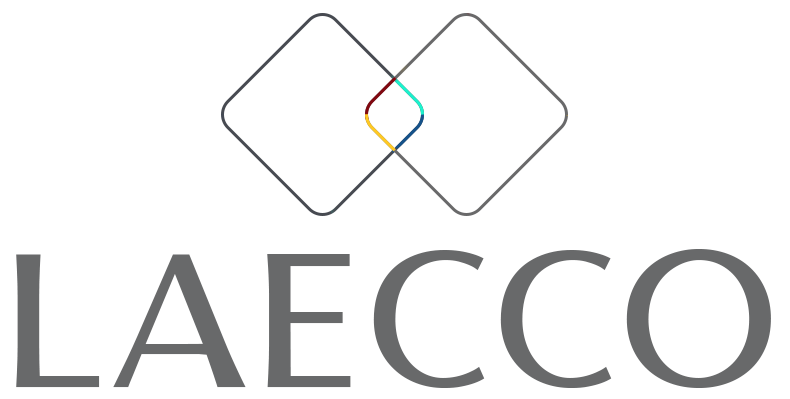
In this post, we’ll delve into the nuances of addiction and dependence, exploring their definitions, key differences, and the implications for those affected. Even if you only take drugs as prescribed, it’s important to monitor your substance use. If that substance dependence has a negative impact on your life, you could be at risk of addiction. Physical addiction primarily involves tolerance, or the body’s adaptation to a substance’s presence, often marked by accompanying withdrawal symptoms upon discontinuation of the substance use.

Associated Data

This is a great time to find out more about the substance or behavior that you have been engaging in and to reflect honestly on whether you are experiencing any signs or symptoms of addiction. It is common, if not normal, to go through a stage of engaging in substance use or an addictive behavior without believing you are addicted. This is so common, in fact, that it has a name, the pre-contemplation stage.
- With alcohol addiction, or severe alcohol use disorder, a person finds it difficult to stop drinking much of the time, not only in certain situations.
- For example, physical dependence occurs when the body is reliant on the chemical interactions caused by a drug or substance.
- This alleviates withdrawal symptoms, helping you feel more comfortable after stopping the use of opioids.
- This leads to a cycle of addiction and dependence that contributes to substance use disorder.
Tools and procedure of data collection
Studies have shown that addiction can form in individuals through a combination of genetic makeup and poor social skills. One study showed that a child of a parent with a drug or alcohol addiction is eight times more likely to develop an addiction addiction vs dependence as well. Let’s examine how the world views addiction versus dependence in relation to substance abuse disorders. Most drugs affect the brain’s “reward circuit,” causing euphoria as well as flooding it with the chemical messenger dopamine.

Why Do I Feel Guilty After I Drink?

Struggling with addiction often results in a loss of control and negative consequences to health, relationships, and daily life. Many addictions can involve dependence, such as opioids or alcohol, but not all addictions necessarily have this component. If you think your substance use is causing problems in your life, help is available. Alcohol and drug treatment centers are well-equipped to assess your substance use and provide tailored, individualized recovery plans. Below is a list of the most common forms of substance abuse treatment programs and what they entail.
More recently, the concept of addiction has expanded to include behaviors, such as gambling, as well as substances, and even ordinary and necessary activities, such as exercise and eating. Unlike tolerance, which focuses on how much of the substance you need to feel its effect, physical dependence happens when your body starts to rely on the drug. If you were to suddenly stop using it, you would likely experience some harsh symptoms. People who are addicted to a substance use it even if it has no medical benefit. Addictions are more likely to result in serious harm, including suicide, unlike tolerance and physical dependence. The National Center for Drug Abuse Statistics says more than 20 million people over the age of 12 in the United States have substance use disorder.
- Because of this confusion, some organizations prefer substance use disorder (SUD).
- But addictions can happen anywhere, from college campuses to rural and suburban towns.
- But the ICD has yet to catch up and since American billing systems and other records often rely on ICD, this conflation continues to cause problems both in the United States and rest of the world.
- Furthermore, some parameters in our study were related to previous behaviors from almost a year ago, giving rise to a recall bias which can affect the accuracy of exposure or outcome data.
Substance Dependence Vs. Substance Abuse
For example, if you get into an argument with a significant other, your first response will be to pick up a six-pack of beer or call your dealer for illicit drugs. These triggers set off biochemical changes in your brain, which influence addictive behavior. In traditional diagnoses, ‘addiction’ generally referred to a person’s physical reliance on alcohol, drugs, and other substances and behaviors, while ‘dependence’ was viewed more as the psychological reliance on addictive behavior. It’s a scenario that pits addiction versus abuse or addiction versus dependence. As with most other chronic diseases, such as diabetes, asthma, or heart disease, treatment for drug addiction generally isn’t a cure. People who are recovering from an addiction will be at risk for relapse for years and possibly for their whole lives.


